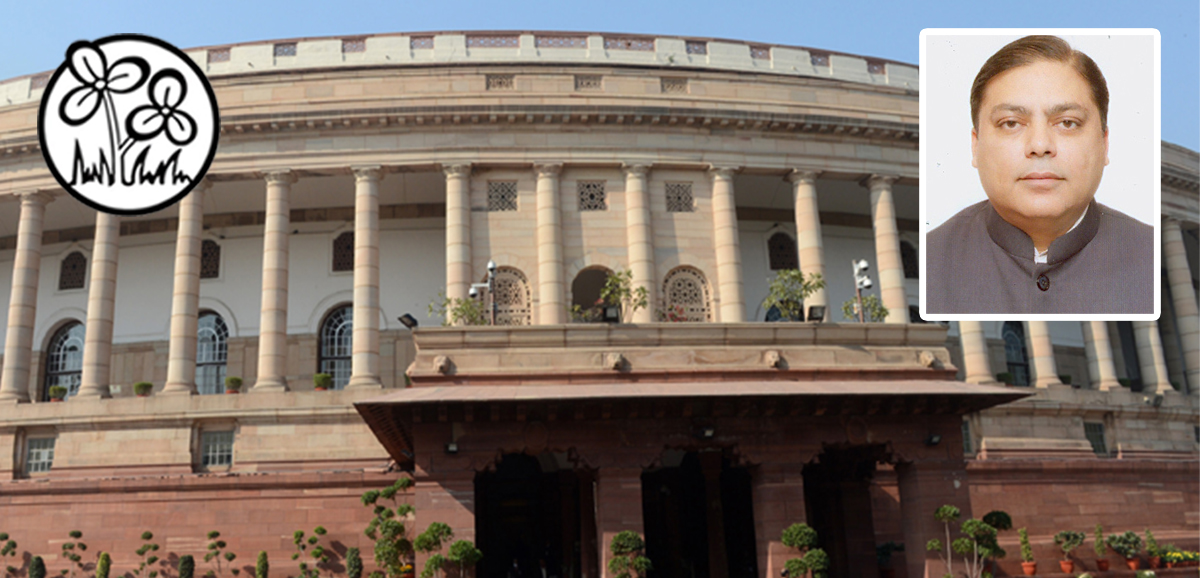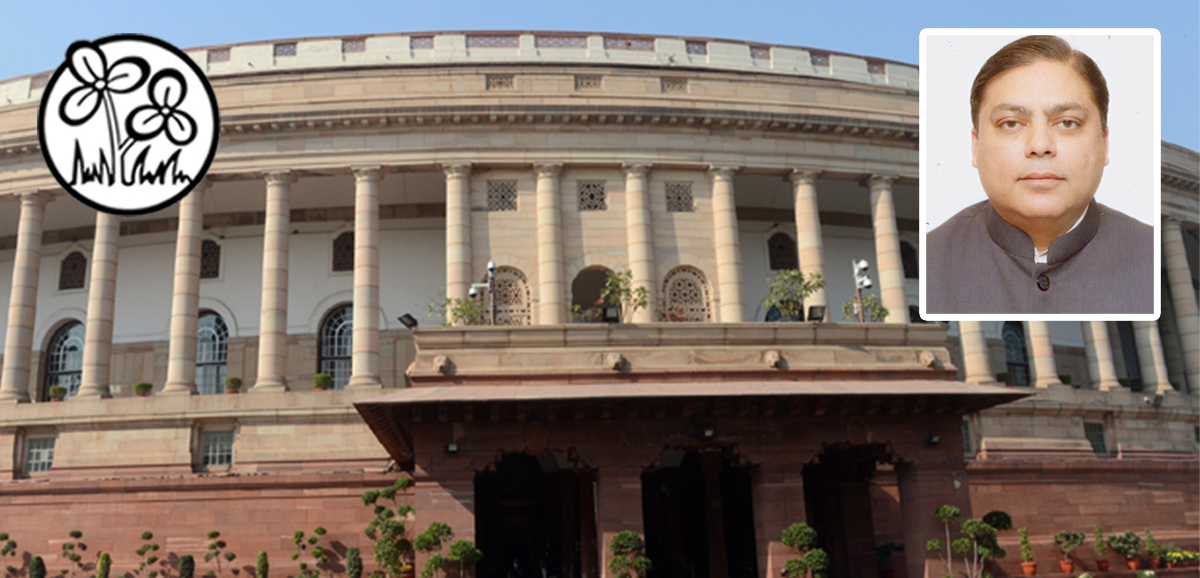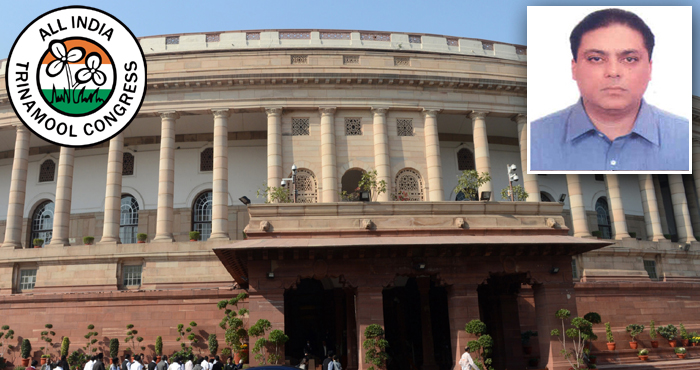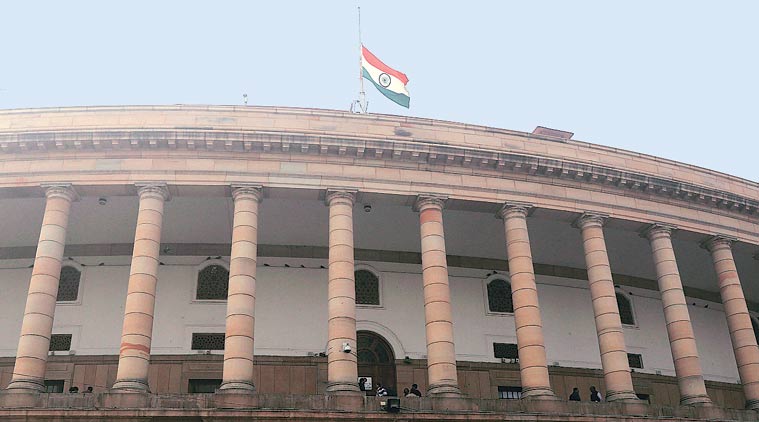FULL TRANSCRIPT
Sir, I am grateful for the opportunity to address this House on this important matter. The welfare of backward classes is a very important issue to our party, Trinamool Congress. The Government in West Bengal has been working tirelessly in this regard. We have constituted 16 development/cultural boards under the Department of Backward Classes Welfare and Department of Tribal Development in order to focus on the welfare and development of the respective communities. Seventeen per cent reservation for OBCs has been granted by the West Bengal State Higher Education Institution (Reservation in Education) Act, 2013. I am pleased to inform this House, through you, Sir that this has been done without reducing the existing general category seats. The Government has also introduced 17 per cent reservation for OBCs in State Government jobs. A special recruitment drive has been initiated to fill up vacant posts in the reserved categories of various departments with an objective to maintain the overall percentage of reservation in services and posts. Almost 10,000 vacancies in 16 departments have been identified and a recruitment process has started to fill up about 3,500 vacancies in the first phase.
Sir, the Trinamool Congress is committed to working for the welfare of backward classes and we welcome the creation of a National Commission for Backward Classes with constitutional status. However, we wish to raise a few important points of contention that we have with this amendment.
Firstly, I request you to peruse Clause 4 of the Constitutional Amendment Bill. It seeks to insert Article 342 (A) into the Constitution. Article 342 (A) (1) reads: ‘The President may, with respect to any State or Union territory, and where it is a State, after consultation with the Governor thereof, by public notification, specify the socially and educationally backward classes’.
We wish to raise strong objection to this provision. We feel that this provision erodes the federal structure of our polity and gives the Centre power that should fall within the domain of the State Governments. My colleague, Mr Sukhendu Sekhar Roy had submitted a dissent note in the Select Committee that was considering this Bill. He made a reference to the Supreme Court’s nine-judge bench judgment in Indira Sawhney vs Union of India. The judgment identified the importance of commissions for backward classes at both the national as well as the State level. It was pointed out in the same note that through this Bill, the Centre is seeking to create a national commission that has sweeping powers and centralised authority which includes advising on the socio-economic development of backward classes and evaluating the progress of their development under the Union or any State.
Further, the Bill mentions that the President may identify backward classes for any State, in consultation with the Governor. We submit that this phrase is not sufficient. The combined reading of Article 342 (A) and 366 (26) (C) makes it clear that after the 123rd Amendment only the Union Government would have the power to determine whether a caste is educationally and socially backward or not.
There is no language in the Bill to ensure that this consultation shall be effective or that the President is bound to take into account the opinion of the Governor. We submit that the proposed amendment to the Constitution undermines the role of State Governments and State Commissions for Backward Classes.
Additionally, the Bill mandates that every State Government shall consult a National Commission on all major policy matters that affect socially and educationally backward classes. We perceive this provision as an unnecessary intrusion on the functioning of State Governments. A mandatory consultation with the National Commission will have the effect of slowing down the pace of important policy decisions to be taken by State Governments such as the ones I highlighted in the beginning of my speech. This is a fetter on the States and, in my humble opinion, has no place in our Constitution.
I would be amiss in my duty if I do not point out that this Bill is only one example in a trend of erosion of the federal structure of this country. This Government has simply refused to respect the role of the States in its functioning. The drastic move of demonetisation was taken without taking the State Governments into confidence. Many rules have been made in colourable exercise of legislative power and now the power of the States to identify backward classes is sought to be taken away. Clearly, under this Government, there is a complete breakdown of the federal structure. It was the desire of the makers of our Constitution that India follow the principle of cooperative federalism. This is embodied in the very first Article of our Constitution, which says ‘India, that is Bharat, shall be a Union of States’. The Central and State Governments were considered partners in the project that this wonderfully diverse country is. We fear that this trend of centralisation under the present Government shall do great harm to this great idea embedded in our Constitution.
Sir, I submit that this Constitutional Amendment Bill will deprive the States from making provisions for the socially and educationally backward classes under Article 15 (4) of the Constitution. The Bill undermines the role of the States and the State Commissions for Backward Classes. It will create hindrances to the development of communities who may be inadequately represented in the States.
Trinamool Congress is a strong proponent of inclusive development. We believe that not even one person should be left behind in the development agenda of this country. We fear, however, that empowering a national body with the task of looking after the backward classes for the States shall have this very undesirable effect.
I wish to explore the rationale behind leaving this particular power with the States. It is the State Governments that have a closer and a more day-to-day interaction with the people of this country. It is the State Government that is responsible for the implementation of welfare schemes and supervising basic services such as schools and hospitals. They are also in a better position to understand the nature of structural barriers that may inhibit the development of certain classes of people. As such, it would be more effective to leave this power to the States. A National Commission is wholly unequipped to identify classes that are in need of special protection by the States. Such a body will be unable to appreciate the particular requirements of small communities in different parts of the country.
My colleague here has pointed out that this would be a five-member body. I wish to say that at least one member should be a woman and at least one member should a member of a minority community.
I conclude by reiterating that we are all for giving the National Commission for Backward Classes constitutional status. However, this must not come at the cost of introducing anti-federal elements in our Constitution.
Sir, I thank you very much.





